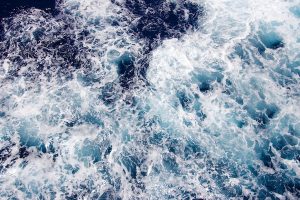
Ocean warming increases risk of salmon bycatch in Pacific hake fishery
Ocean warming and increased frequency of marine heatwaves could lead to higher Chinook salmon bycatch rates, scientists say.
A new underwater artificial intelligence bot could "revolutionize" ocean monitoring and IUU fishing identification, scientists say.

Ocean warming and increased frequency of marine heatwaves could lead to higher Chinook salmon bycatch rates, scientists say.
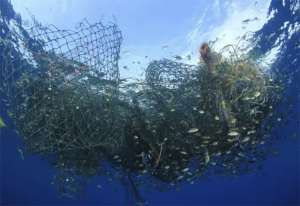
Biodegradable fishing gear must improve to help address the environmental and economic impacts of ghost fishing, a new study concludes.
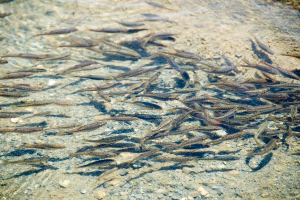
The phenotypically plastic response may preadapt offspring to perform better in the expected future thermal environment.
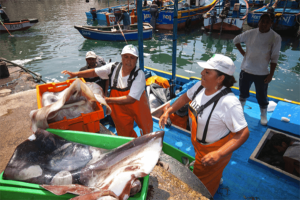
Peru last week issued a decree to enable fish-harvester cooperatives to legally register for its mahimahi and jumbo flying squid fisheries.
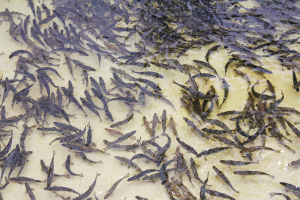
A well-documented ecological regime shift in the Northeast Atlantic did not have a large impact on salmon post-smolts’ diets in Norwegian fjords.
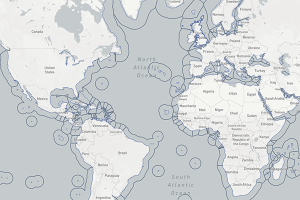
A "one-of-a-kind" interactive map consolidates regulatory information for more than 21,000 marine protected areas worldwide.
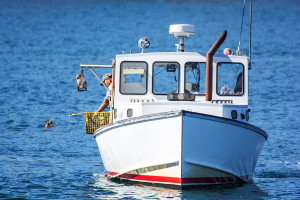
A U.S. court rules NOAA must vacate a biological opinion that found Maine's lobster fishery violated the Endangered Species Act.
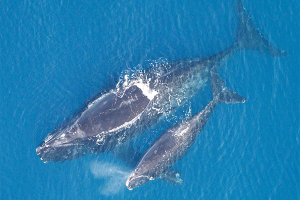
NOAA Fisheries says a recent peer review of its North Atlantic right whale risk assessment tool will lead to management improvements.
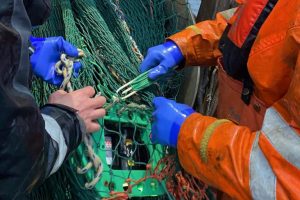
High-tech bycatch reduction devices – data analytics, cameras and sensors – are in play but SafetyNet Technologies says the secret is collaboration.
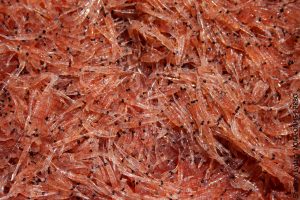
Understanding the significance of bycatch is critical to managing Antarctic krill, a keystone species and the largest fishery in the Southern Ocean.
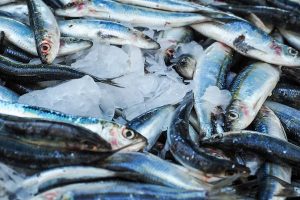
A new study finds that criticisms about "underfishing" in U.S. waters may be misguided, with lack of demand a contributing factor.
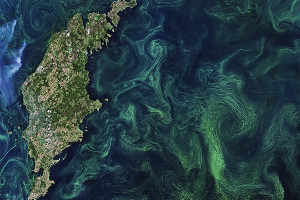
With marine heatwaves on the rise, a new study presents a roadmap on what scientists, fisheries managers and policymakers should prioritize.
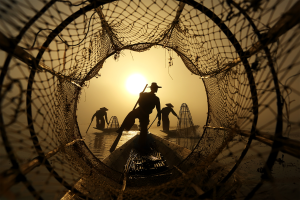
FAO report underlines the vital role small-scale fisheries play in ensuring global food security and sustainable development.
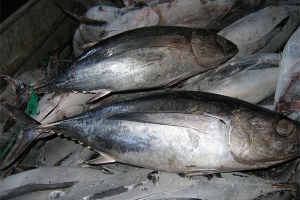
Research highlights the potential of a synthetic-control method to estimate the causal effect of catch quotas on fishing mortality and biomass.
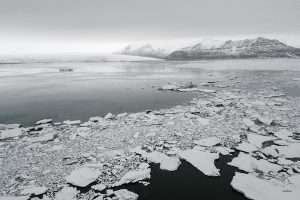
Fish populations are responding to ocean warming by shifting toward the earth’s poles or moving to deeper waters – all in a bid to stay cool.